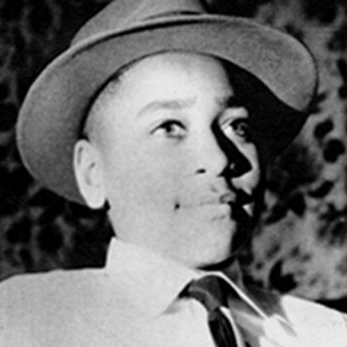
Sixty years ago, the murder of an African-American teenager helped galvanize the civil rights movement in America. Today, the history of that iconic event is being shared through a location-based smartphone application.
Florida State University Professor Davis Houck helped lead the Emmett Till Memory Project to commemorate the death and memory of Till, whose 1955 murder in the Mississippi Delta sparked protests across the country. Till, 14, was kidnapped, beaten and shot after he allegedly flirted with a white woman.
The project focuses on 51 sites in and around the Delta that played a significant role in the history and memory of Till’s murder. Niantic’s Field Trip app allows people to learn new stories about Till’s murder — stories that, in some cases, have never yet been told — from the very places where they happened.
“The Emmett Till Memory Project is designed to emphasize the fragility of memory rather than its finality,” Houck said. “Rather than determining the facts once and for all, our bigger aim is to record the ever-shifting memory of Emmett Till.”
The Field Trip app enables smartphone users to visit precise locations relating to the murder, trial and memory of Till. The GPS technology embedded in Niantic’s Field Trip allows the Emmett Till Memory Project to calibrate the history of Till to a user’s precise location in the Mississippi Delta.

Wherever a person happens to be standing, the Field Trip app will provide engaging narrative descriptions and accompanying media that tell the history of Emmett Till from the perspective of that place. The app is available to download free through the Google Play store or the App Story. The Emmett Till Memory Project is listed under “Historical Places and Events” alphabetically under Emmett.
“It will teach the user not simply where Till was killed or where his body was recovered, but how, why and through whom we think we know the answers to many of these questions,” Houck said. “We aim to preserve the uncertainty of the past while commemorating the brutality of the crime and the politics of its memory.”
Houck is a professor in the FSU College of Communication and Information who co-authored “Emmett Till and the Mississippi Press” with Matthew A. Grindy. Last year, he began collaborating with the Florida State University Libraries’ Special Collections and Archives Division to establish what will become the foremost research collection on the life and death of Till.
Dave Tell, an associate professor at the University of Kansas, Chris Spielvogel, a senior lecturer at Penn State University, and Pablo Correa, a doctoral student at Florida State University, are also part of the team that created the content for the app.
For more information, visit http://tillmemoryproject.com.




